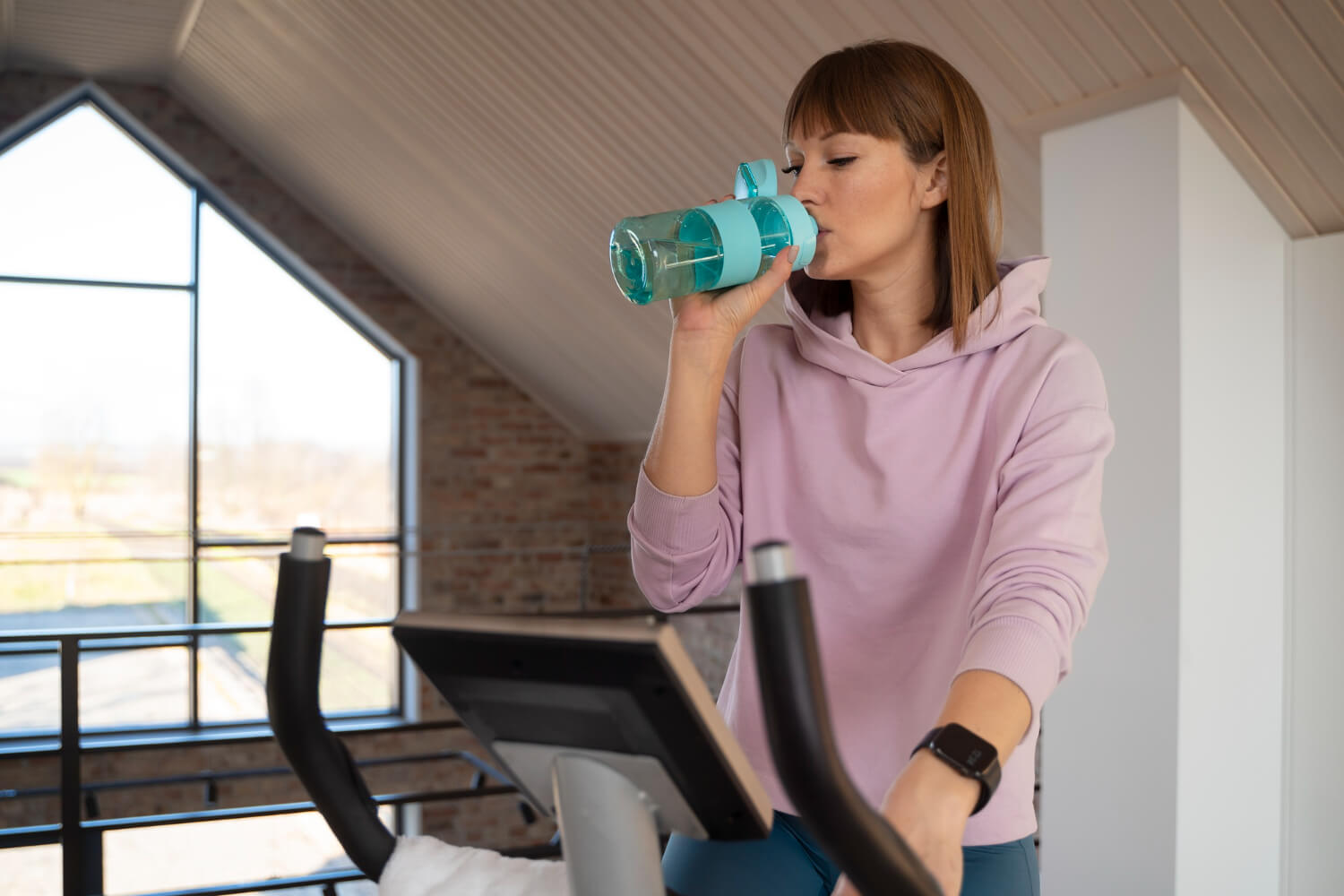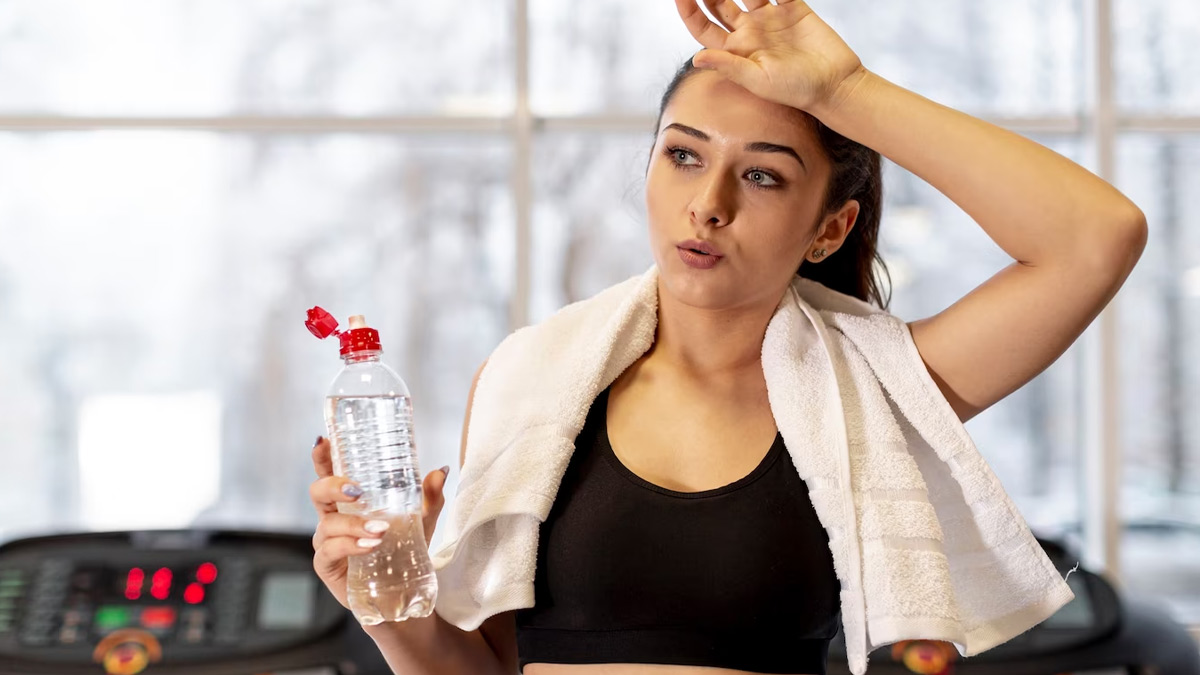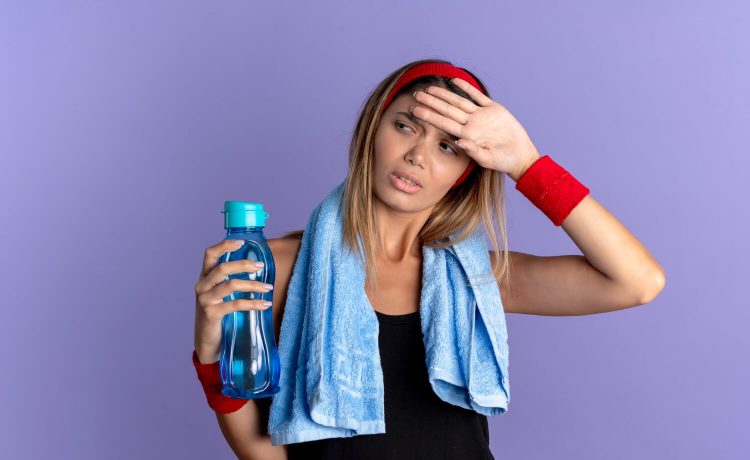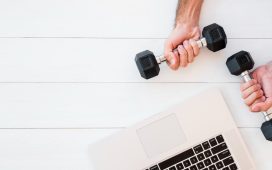Hydration is often an underrated factor regarding fitness and achieving your performance goals. While focusing solely on your workout plan or nutrition might be tempting, staying properly hydrated can significantly impact how you feel, perform, and recover. Whether you’re a recreational gym-goer or a seasoned athlete, understanding the role of hydration and how to maintain it can be a game-changer for your fitness routine.
Why Proper Hydration Matters
Your body comprises roughly 60% water, which plays a vital role in nearly every function. Water regulates your body temperature, aids in digestion, transports nutrients to your cells, and removes waste. For individuals involved in fitness, water is critical for muscle contractions, joint lubrication, and energy production. Simply put, your body can’t perform at its best without enough water.
When you exercise, your body heats up, causing you to sweat as your system works to cool itself down. This natural cooling system is efficient, but it comes at a cost. Every drop of sweat results in water and electrolyte loss; failing to replenish these losses can lead to dehydration. Even mild dehydration can reduce endurance, strength, and mental focus, making your workouts feel unnecessarily harder.
The Consequences of Dehydration During Exercise
Dehydration starts to impact your performance long before you feel thirsty. When you reach the point of thirst, your body may already be down by 1-2% of its total water content. For athletes, even this small deficit can lead to noticeable declines in performance.
Here’s how dehydration negatively affects your workouts and recovery:
Reduced Endurance
Dehydration decreases blood volume, leading to less oxygen and nutrients reaching your muscles. This makes aerobic activities, like running or cycling, feel more tiring.
Muscle Fatigue and Cramping
Water is essential for muscle function. When dehydrated, your muscles may cramp, spasm, or fatigue faster due to impaired electrolyte balance.
Slower Recovery
Post-exercise recovery depends on your body’s ability to repair damaged tissues and remove waste products. Insufficient hydration slows down this process, leaving you sore for longer.
Mental Impairment
Hydration also affects your brain. Dehydration can lead to impaired concentration, slower reaction times, and reduced motivation, all of which affect your workout quality.
The Role of Electrolytes in Hydration
When you sweat, you’re not just losing water; you’re also losing electrolytes like sodium, potassium, magnesium, and calcium. These minerals are essential for maintaining fluid balance and ensuring proper muscle and nerve function.
During intense workouts or endurance activities, relying solely on plain water might not be enough to replenish lost electrolytes. This is where sports drinks, electrolyte tablets, or natural sources like coconut water come into play. These options help to restore balance, particularly during extended sessions or in hot environments.
That being said, not every workout calls for an electrolyte boost. A brisk 30-minute walk won’t deplete your stores significantly, and water will usually suffice. Save electrolyte supplementation for sweat-heavy activities like long runs, cycling races, or high-intensity training.
Practical Tips for Staying Hydrated

Hydration isn’t one-size-fits-all. Your needs depend on body size, activity level, sweat rate, and weather. However, these general tips can help you stay ahead of the hydration curve:
1. Start Hydrated
Begin your day with a glass of water, especially if you’re headed to an early workout. Aim to drink water consistently throughout the day so you’re not playing catch-up before exercising.
2. Drink Before Your Workout
About two hours before exercising, aim to drink 16-20 ounces of water to rehydrate your body. Thirty minutes before training, have another 8-10 ounces. This ensures your system is hydrated and ready to perform.
3. Sip During Exercise
Sipping 3-8 ounces of water every 15-20 minutes is usually enough for workouts lasting less than an hour. You may want to incorporate an electrolyte drink for longer or more intense sessions to replace what you lose through sweat.
4. Rehydrate Post-Workout
After exercise, you prioritize replacing the fluids and electrolytes you’ve lost. A good rule of thumb is to drink 16-24 ounces of water for every pound of body weight you drop during the session. A pinch of salt or a balanced meal can help restore electrolytes, too.
5. Monitor Your Hydration Status
One simple way to track hydration is by observing the color of your urine. A pale, lemonade-like color indicates proper hydration, while darker urine suggests you need to drink more. Additionally, pay attention to signs of dehydration like dry mouth, fatigue, or dizziness.
6. Adjust for Climate and Activity
Hot and humid conditions can increase your sweat rate, meaning you’ll need more fluids than usual. If you’re working out in a cooler environment, your needs may not be as high, but hydration still remains important.

Hydration Beyond the Workout
Hydration isn’t just for exercise sessions. Drinking enough water throughout the day supports your overall health, energy levels, and even appetite regulation. Keep a water bottle nearby to encourage frequent sips, and add variety by infusing your water with fruits, herbs, or cucumber slices.
Additionally, your diet can contribute to your hydration. Foods like watermelon, cucumber, oranges, and spinach have high water content and can help keep your hydration levels up.










